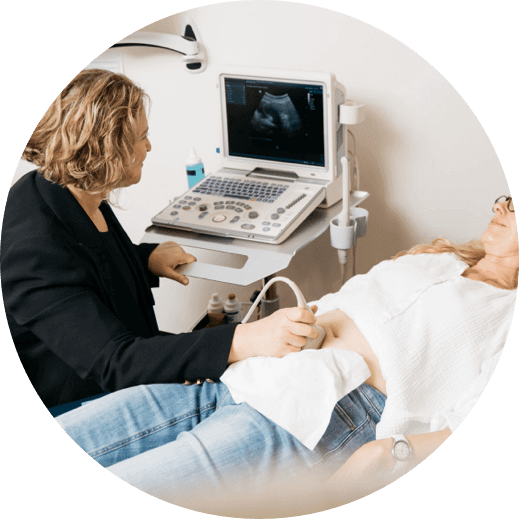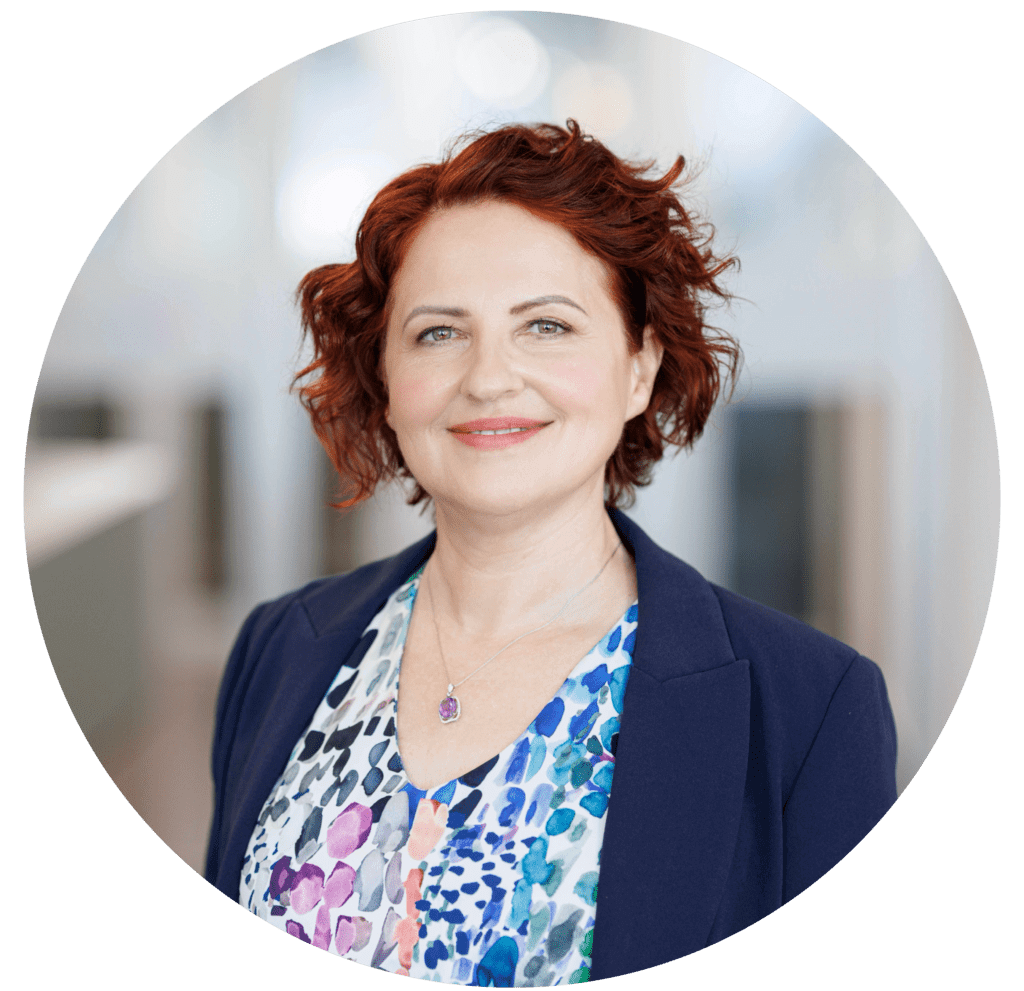Egg donation is the use of eggs from a donor to fertilise with the partner’s sperm or donor sperm, while sperm donation is the use of sperm from a donor candidate for individuals or couples when sperm is not viable or available.
The process involves careful implications counselling, genetic counselling, and careful selection of a donor, whether known or de-identified, along with appropriate medical management to support you through your journey to parenthood.


When considering donor options, your first step is deciding whether to use a known donor, such as a friend or family member, or to use de-identified donor from a sperm or egg bank. If you opt for a de-identified donor, Dr Nisenblat works with Genea Sperm Bank and several international sperm and egg banks affiliated with Genea Fertility SA clinic.
It’s important to take the time to thoroughly explore all aspects of your decision. Our counselling team is available to support you throughout the process, and we are here to help you navigate your choices and decide which path is best for your situation.
If you plan to use a known donor (such as a friend or relative), the first step is a consultation with Dr Nisenblat for both you and your donor. During this visit, Dr Nisenblat will arrange for necessary tests and refer you for counselling with one of the counsellors at Genea Fertility SA clinic. You will also meet with our Genetic Counsellor to discuss any genetic testing that will be conducted for your donor and recommended for you (or your partner, if relevant) and to consult about potential outcomes.
The Donor Services Coordinator at Genea Fertility SA is always available and easily accessible to help you clarify the details and ask any questions about the procedure.
All patients (and their partners, if applicable) who use a known donor are required to undergo counselling. A known donor (and their partner, if applicable) must also attend individual counselling sessions, followed by a joint session with all parties involved.
For sperm donations, it’s essential to note that all donated sperm must be quarantined for at least four months before it can be used. However, if you’re using donated eggs, you may have the option to waive this quarantine period if you prefer.
Once you’ve completed the counselling sessions, donor selection, quarantine (if applicable), and signed all necessary paperwork, you’ll be ready to begin treatment. You will have an appointment with Dr Nisenblat to make your treatment plan followed by an interview with a fertility nurse for further guidance on your treatment steps and on how to use the medications. Your donor will have a separate session with Dr Nisenblat and the nurses to discuss their test results and treatment options where relevant.
If you use a de-identified donor, the donor had already completed counselling and necessary investigations. In most instances sperm and eggs are already stored and quarantine period has been completed.
You will have access to all donor’s test results and relevant medical and family history and their psychological assessment. You however will not be informed on their identifying details such as full name, contact information and address. This information will be collected on the Donor Registry and be available for view on request by a child conceived from donor eggs or sperm when they reach the age of maturity (16-18 years depending on jurisdiction).
All patients (and their partners, if applicable) who use a de-identified donor are required to undergo counselling. There is no need to have a joint counselling session with a de-identified donor, only counselling for you as a recipient (and your partner if relevant).
You will meet with our Genetic Counsellor to discuss any genetic testing that has been conducted for your donor and are recommended for you (or your partner where relevant). You may need to have another genetic consultation to revise the outcomes.
The process of using an egg or sperm donor is highly regulated to ensure optimal outcomes for everyone involved. Physical and emotional wellbeing of the chid conceived from donor eggs or sperm is of paramount importance.
Recipients and donors are legally obligated to disclose any relevant personal information, including physical and mental health, relationship status, and reproductive history, to ensure transparency in the process.
It’s important to note that in most Australian states, donor births are registered with state authorities, and identifying information about the donor is recorded.
Donors have the right to be informed on the outcomes of treatment cycles using their eggs or sperm and obliged to update their contact details with Donor Conception Registry. Recipients have the right to be notified of any adverse outcomes of pregnancies conceived using their egg or sperm donor and have responsibility to update on any adverse health outcomes related to their donor conceive child.
We are actively looking for healthy men to participate in our sperm donor program. Becoming a sperm donor is a remarkable act of kindness that can have a profound impact on others.
The process is straightforward, painless, and comes at no personal cost to you, as we cover all associated expenses. The reward? The knowledge that you’ve helped someone fulfill their dream of starting a family.
You can review the FAQs by visiting the Genea Fertility SA website and complete a brief online questionnaire. This will help us determine if you meet the basic requirements to join the sperm donation program.
Once the questionnaire is submitted, the Genea Fertility SA Donor Coordinator will contact you to discuss the next steps. This includes undergoing genetic and fertility testing, which are essential parts of the process.
There is currently a high demand for sperm donors across Australia, with many people resorting to overseas options due to local shortages.
By becoming a donor, you can help change this. Whether you are a father who knows the joy of parenthood, have witnessed friends or family struggle with infertility, or simply want to make a positive impact, sperm donation is a significant way to help.
While the desire to help others is commendable, it’s important to consider the long-term personal, social, and legal factors that accompany sperm donation. Our team is here to guide you through the decision-making process.
You can find out more information on the donation process by visiting the Fertility SA, Genea website

Dr Victoria Nisenblat is an experienced Gynaecologist with 20+ years of experience managing gynaecological conditions medically and surgically where indicated. She is also a certified Fertility Sub-Specialist, having completed the Certificate of Reproductive Endocrinology and Infertility (CREI).